Even if you go out of your way to eat a balanced diet, there may be some important vitamins and minerals that are slipping through the cracks and you might not even know it. Did you know that 92% of Americans are deficient?
This can happen for a couple of reasons: Either the vitamin or mineral in question is only found in a few foods (that you don’t typically eat), or it’s a nutrient that’s not easily absorbed by the body (say, because of health issues, medications, or age). Another reason we may not get the nutrients we need is because many or our soils are depleted of vitamins and minerals, even if we eat organic. You’ll find that you will most likely need to supplement most or all of these.
VITAMIN D (The sunshine vitamin)
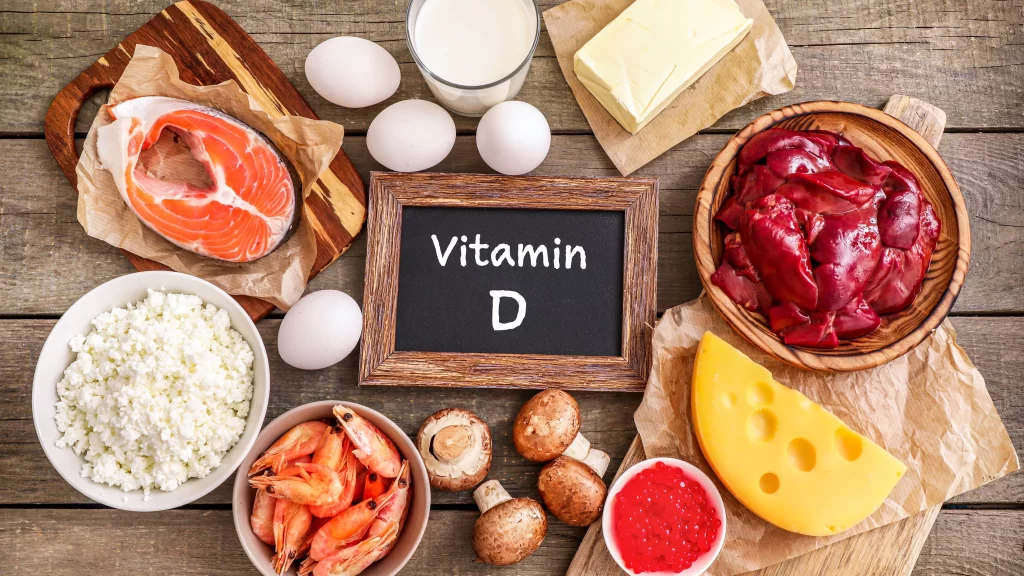
When I was diagnosed with MS I was extremely low in vitamin D and had no idea!
Vitamin D deficiency is more common than you might think. Globally, studies suggest roughly one billion¹ people are vitamin D deficient.
In the US alone, 42% (research) are lacking it.
The statistics are even higher for people with dark skin. Nearly 63% of Hispanic adults and 82% of African American adults are vitamin D deficient.
Despite high rates, many people don’t know they are vitamin D deficient. This is because the deficiency can mimic other conditions, and general tiredness and symptoms often appear many months or even years after you become deficient.
Signs if deficiency:
- Fatigue
- Not sleeping well
- Bone pain or achiness
- Depression or feelings of sadness
- Hair loss
- Muscle weakness
- Loss of appetite
- More susceptible to colds & illnesses
- Pale skin
Foods high in vitamin D:
- Fatty fish like salmon, trout, tuna and mackerel
- Canned fish like herring and sardines
- Egg yolks
- Beef liver
- Fish liver
It’s easy to see why we don’t get enough vitamin D—many people don’t like these nutrient-rich foods. Getting enough sunshine is difficult for us too but try to spend 20-30 minutes a day to soak up as much vitamin D as possible.

OMEGA-3 FATTY ACIDS
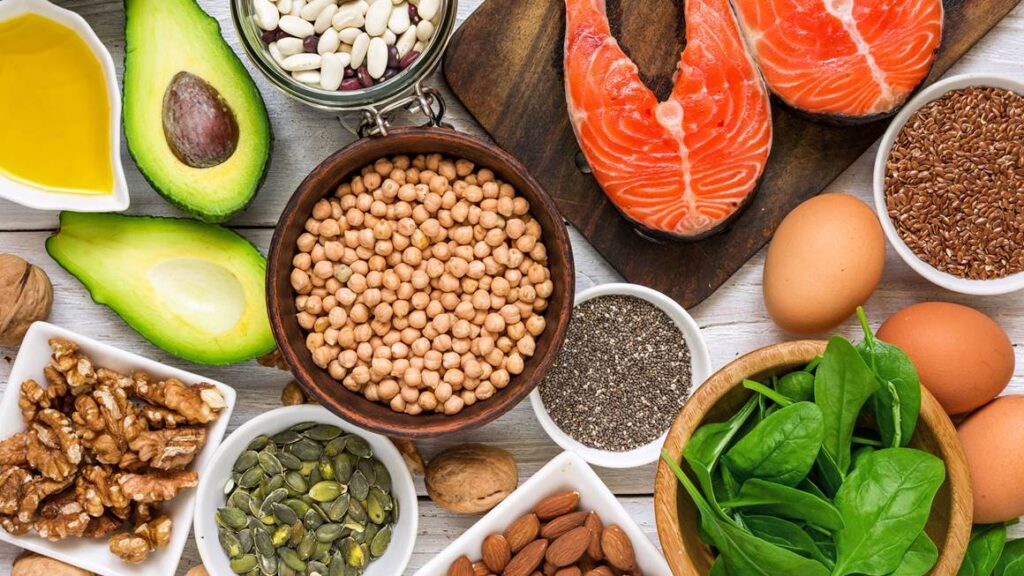
Omega 3 is an essential fatty acid. As unappealing as that might sound, fats are important to our diet. Our body is unable to make this essential fatty acid on its own.
Omega 3 fatty acids are important for countless aspects of our health, from our eyes to our brain and digestion, but a lot of us don’t know how to spot whether we are getting enough, and truth be told, most of us aren’t.
The levels of omega 3 we need can be difficult to obtain without eating a large amount of oily fish, or taking supplements.
What do omega-3 fatty acids do?
Omega-3 fatty acids help all the cells in your body function as they should. They’re a vital part of your cell membranes, helping to provide structure and supporting interactions between cells. While they’re important to all your cells, omega-3s are concentrated in high levels in cells in your eyes and brain.
Signs of deficiency:
- dry skin or poor skin health
- sudden joint pain or stiffness
- mental health problems
- visual symptoms (like dry eyes)
- hair changes
- brain fog
- fatigue
Foods high in Omega-3:
- mackerel
- salmon
- cod liver oil
- herring
- oysters
- sardines
- anchovies
- caviar
- flaxseeds
- chia seedsss
MAGNESIUM
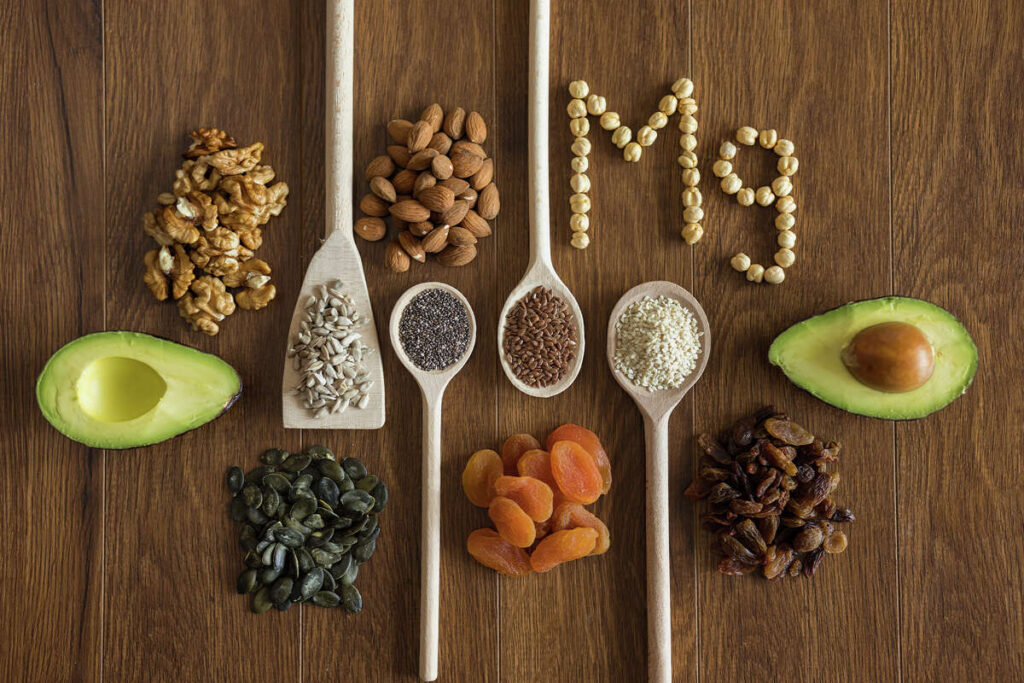
Magnesium is the fourth most abundant mineral in the human body after calcium, potassium, and sodium. It is needed to properly metabolize vitamin D.
The Standard American Diet in the United States contains only approximately 50% of magnesium, meaning as much as half of the total population is magnesium deficient. Magnesium status is low in populations who consume processed foods high in fats, refined grains, sugar, and phosphate, according to the study.
What is magnesium and what does it do?
Magnesium is important for many processes in the body, including regulating muscle and nerve function, blood sugar levels, and blood pressure and making protein, bone, and DNA.
Signs of deficiency:
- loss of appetite.
- nausea and vomiting.
- fatigue and weakness.
- shaking.
- pins and needles.
- muscle spasms.
- sleepiness.
Foods high in magnesium:
- avocado
- nuts
- legumes (beans)
- seeds
- some fatty fish
- bananas
- leafy greens
IRON and B12
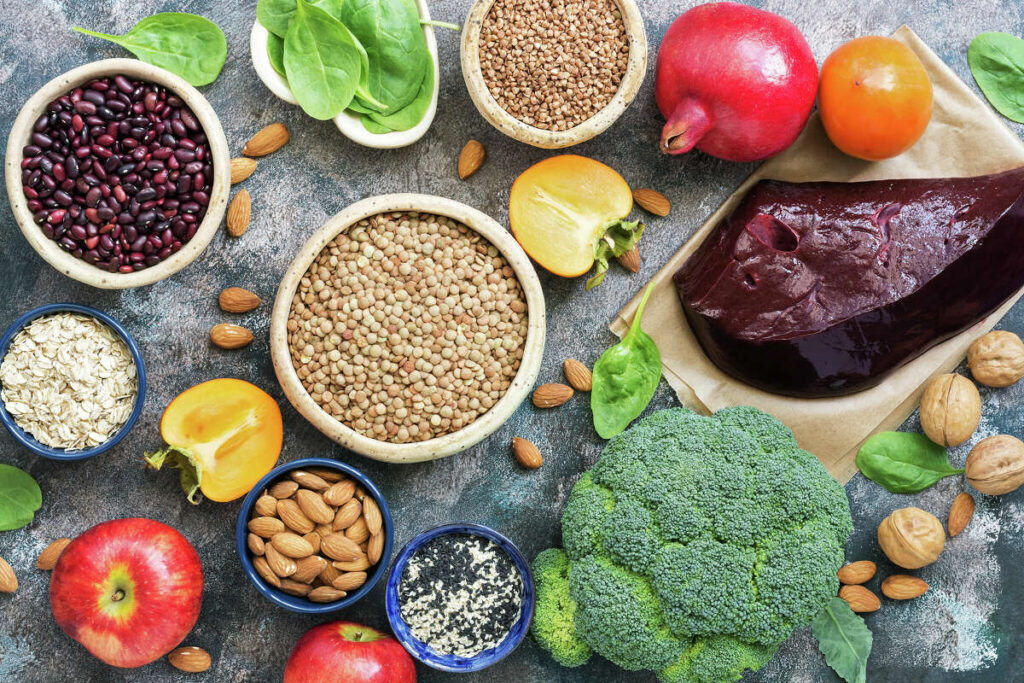
So, if you’ve been diagnosed with low Iron levels, the problem might actually be with your Vitamin B12 levels
What does B12 and Iron do?
Iron is and important mineral that the body needs to produce red blood cells. Vitamin B12 is important for normal blood, cells, and nerves, Folic acid is need to form healthy cells, especially red blood cells.
Signs of deficiency:
- Tiredness, fatigue or low energy
- Muscle weakness and aches
- Shortness of breath
- Dizziness or feeling light-headed
- Heart palpitations
- Loss of appetite
- Digestive issues including diarrhea, cramping and nausea
- Mood changes including depression and anxiety
- Numbness and tingling sensation in hands or feet (peripheral neuropathy)
- Poor concentration, brain fog, memory loss, confusion
Foods high in iron and B12:
- dark-green leafy vegetables, such as watercress and curly kale
- brown rice
- beans
- nuts and seeds
- white and red meat
- fish
- tofu (make sure it’s not GMO)
There are many other vitamins/minerals Americans are deficient in
The bottom line is that there are many nutrients that we need that most of us are not getting enough of. Others include: Vitamins A, C, and K, Iodine, Potassium, Probiotics, Zinc, and more.

I happen to switch up my vitamins often but the important ones for me are taking a multi-vitamin, omega-3, vitamin D, and magnesium daily. About 2 to 3 times a week I take probiotics, grass-fed beef liver supplements (has iron, B12, Vitamin A & C, Magnesium, and Zinc), and sometimes oregano oil(great to fight off colds/flu). There are hundreds (most likely thousands) of supplements and combinations available. Find out what you might be missing.
I talk all about vitamins and minerals and what our bodies need in my cookbook.
Thanks for reading…
Adrienne
xo
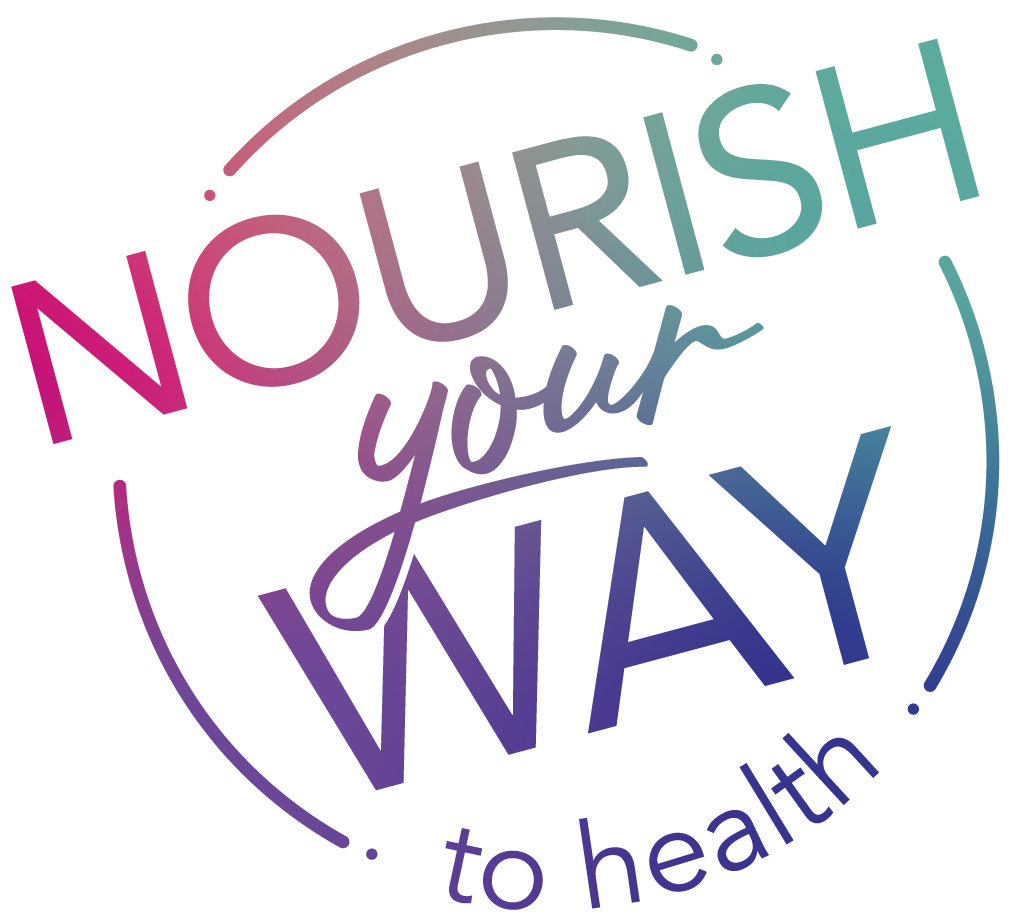
Adrienne……What a helpful list of vitamins, symptoms, and related helpful foods ! Thanks for posting this.
Love from the Mains
You bet Marjorie!